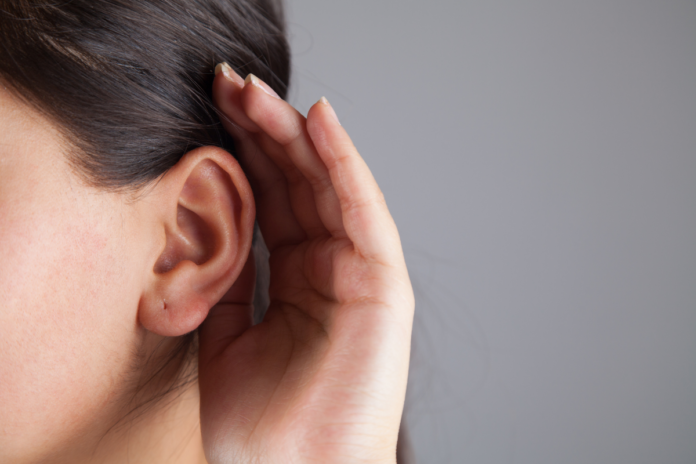According to a recent Forbes survey, 48 million Americans are experiencing some degree of hearing loss. Yet, in that same study, experts discovered that 46% of people diagnosed with hearing loss don’t feel comfortable with wearing a hearing aid at all, while only 38% of users reported wearing their hearing aid every day of the week.
This is a surprising statistic, especially considering that the wearing of hearing aids has been linked to everything from a decreased risk of dementia to the improvement of issues like depression. On the surface, these are health benefits we should all want to get behind. So, why are so many people openly avoiding hearing aids?
According to Forbes, there are various reasons. In this article, we’re going to consider a few of the most prominent ones.

# 1 – Hearing aid costs
For a lot of people, the cost of hearing aids is simply too high, with average costs of up to around $2,500, or potentially more when delivered as part of a full hearing health package. Worse, a lot of insurers won’t cover the cost of hearing aids, meaning that people have to pay out of pocket. Luckily, there are exceptions, with insurance providers like Medicare Advantage and Medicaid generally offering hearing aid coverage. This year, WHO also issued guidance to improve access to hearing care in low-middle-income settings in an attempt to make hearing care accessible for all, largely with the help of non-specialist professionals.
# 2 – Mistrust of audiologists
A mistrust of audiologists was also stated as a large reason for not seeking hearing aids, with many respondents believing that audiologists were focused on sales rather than hearing management. In reality, though, according to outlined ethics in hearing care expectations, audiologists have a responsibility to act in a patient’s best interests at all times, including the need to provide honest, quality care, and the best recommendations regardless of cost. Hearing aid costs should also generally include an entire and transparent hearing aid package, complete with the hearing aid itself, all testing, fittings, follow-up appointments, and even hearing aid warranties.
# 3 – Social stigma
48% of respondents believed there was some social stigma surrounding the use of hearing aids, with millennials experiencing the highest rates of hearing aid-induced social anxiety, at around 63%. In large part, this is because hearing aids are typically associated with aging and even disability. Surprisingly, though, people who regularly wore a hearing aid reported less of a social stigma than those who didn’t, suggesting that this fear is largely imagined amongst certain age groups. The increasingly subtle hearing aid designs on the market should certainly be enough to help younger generations feel comfortable wearing hearing aids, without the world needing to know about it.
Hearing health is an undeniably neglected area but, with movements like recent improvements by WHO, the situation is improving. Still, with 46% of people who could benefit from hearing aids continuing to not wear them, it’s plain to see that there remains a long way to go.









